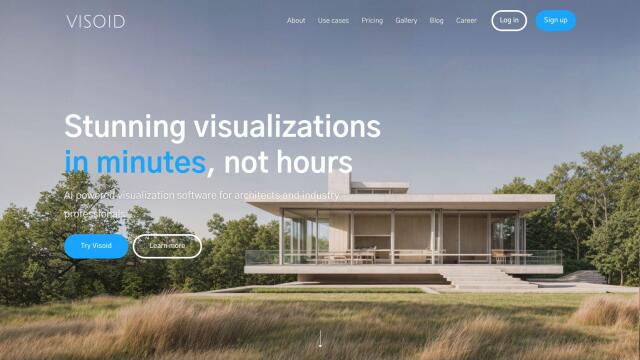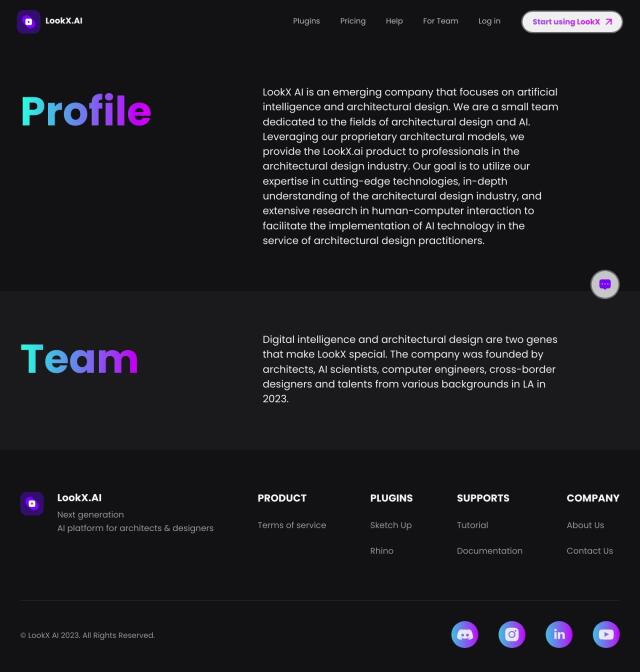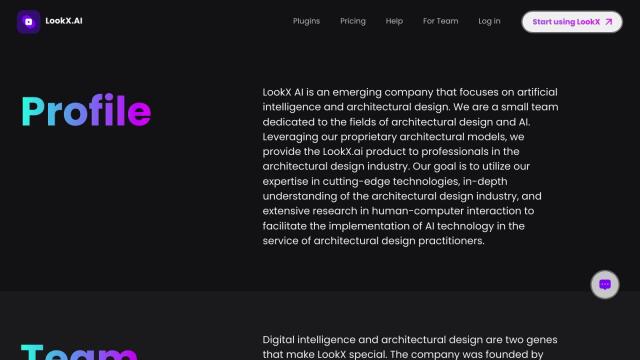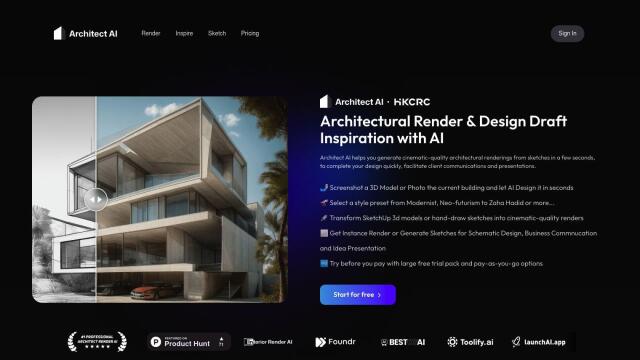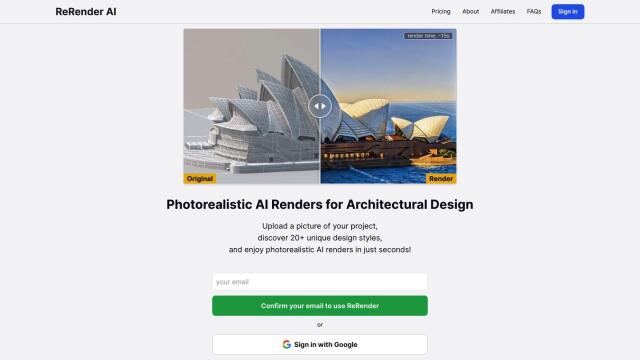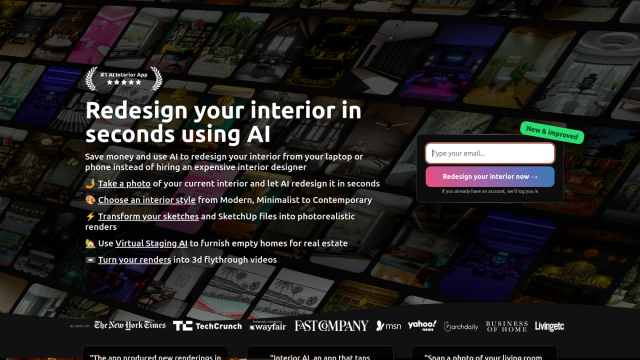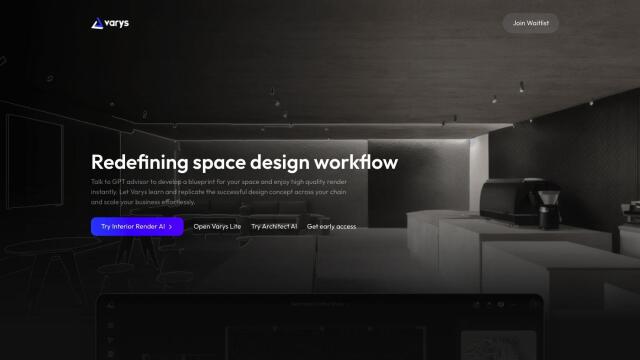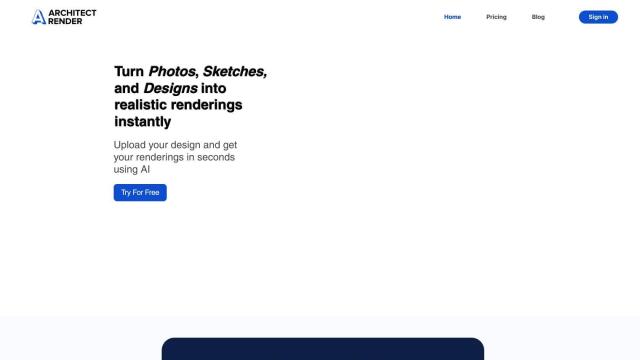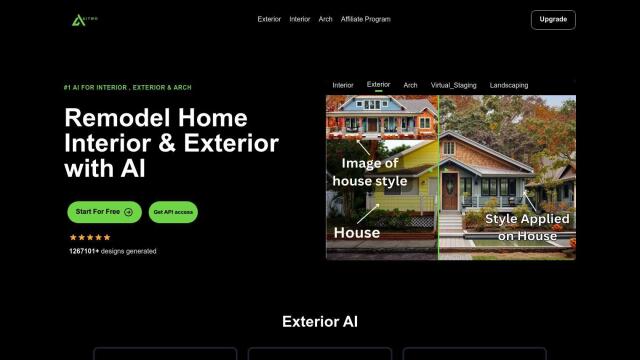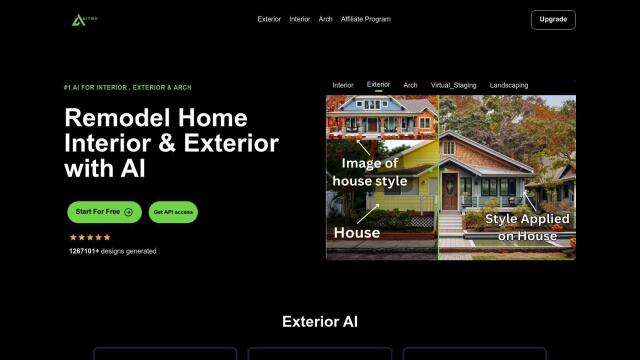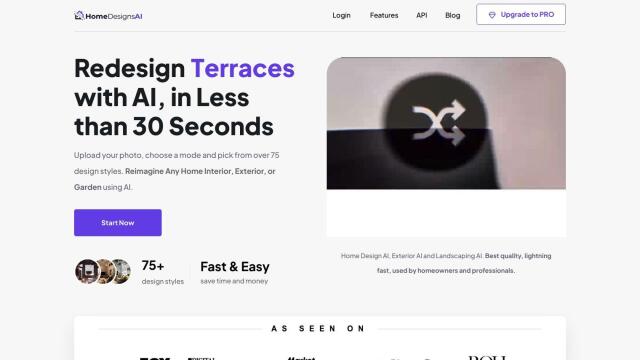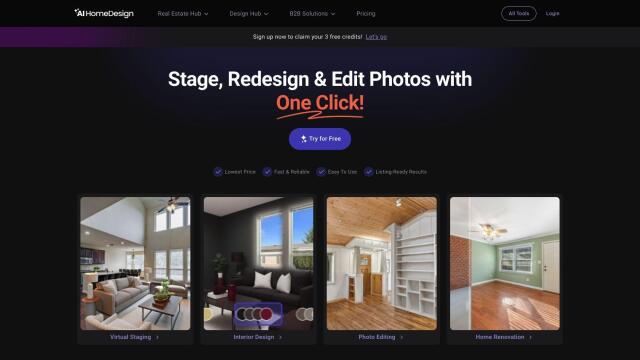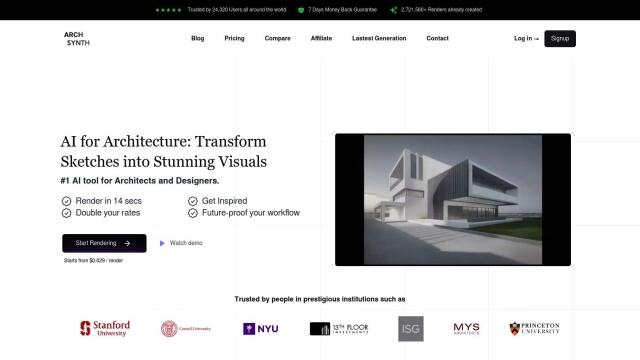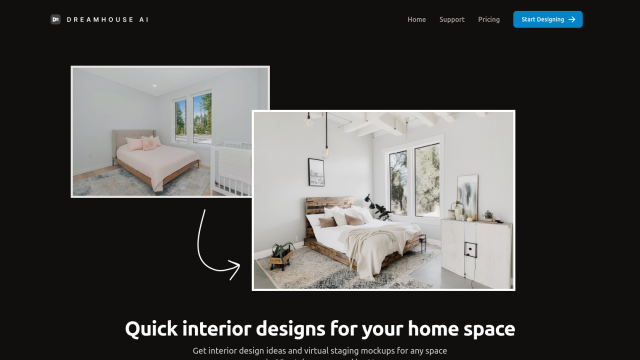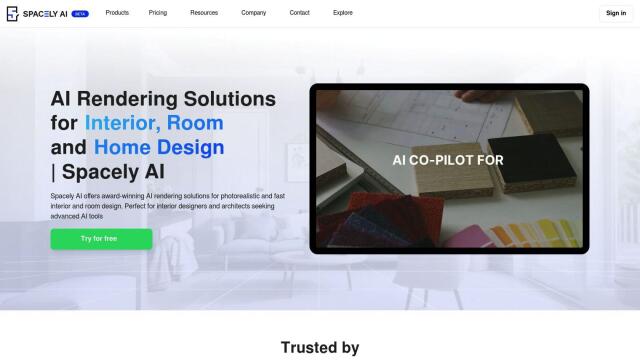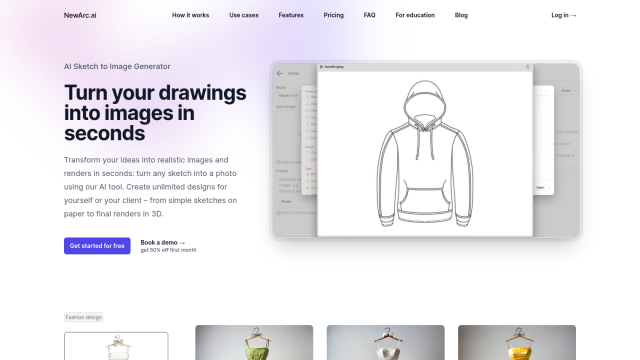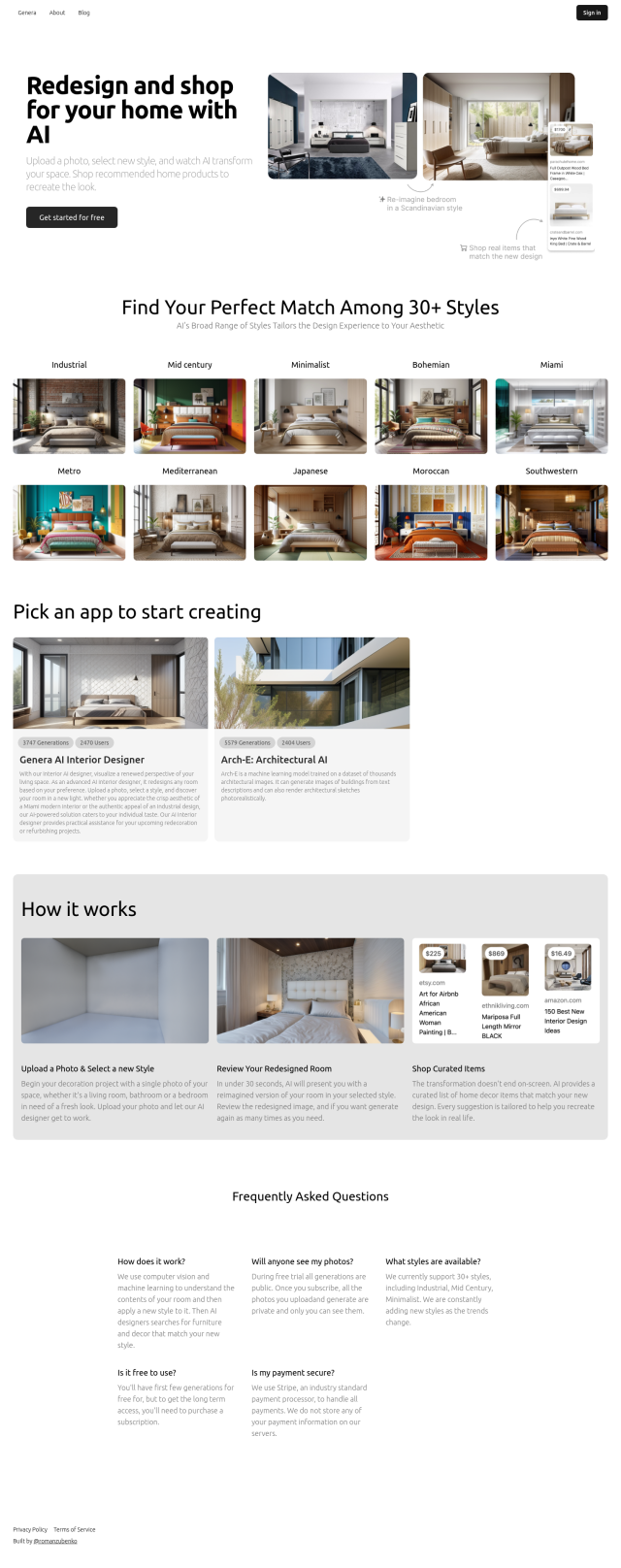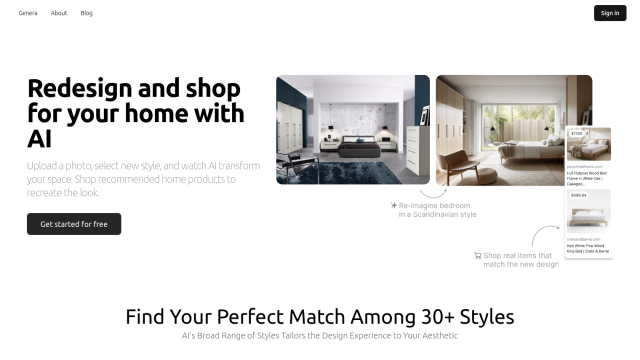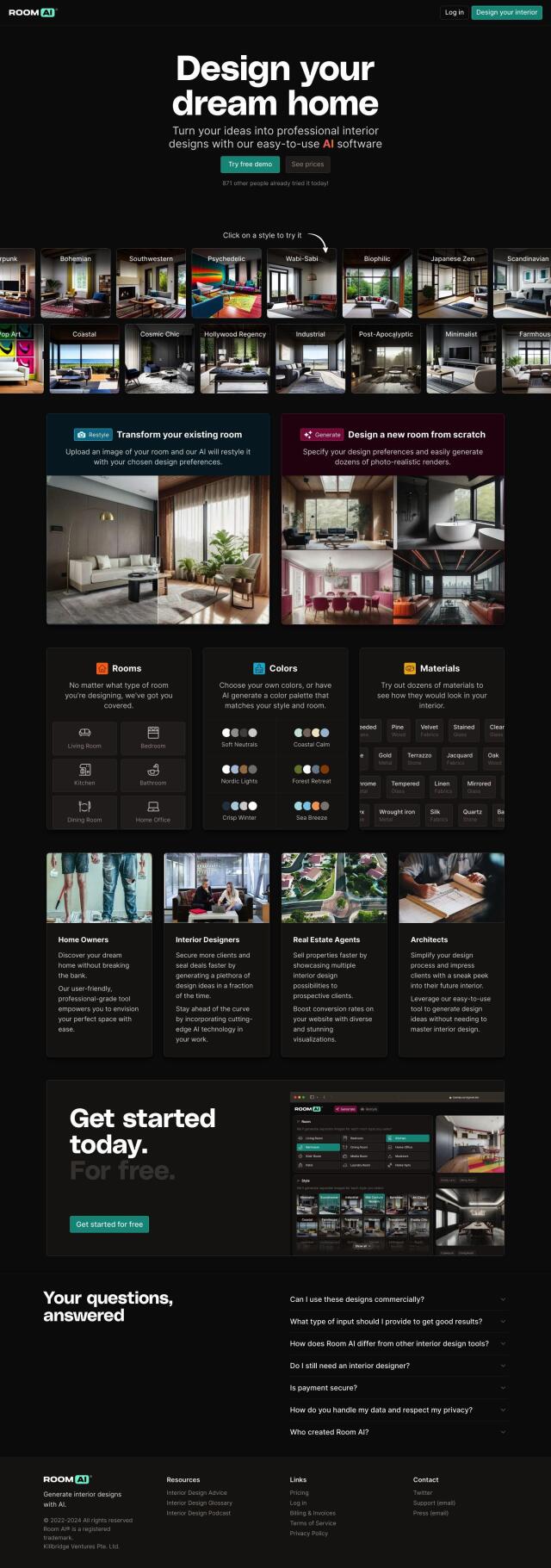Question: Can you recommend a design tool that uses AI to help architects optimize building designs and catch potential errors?

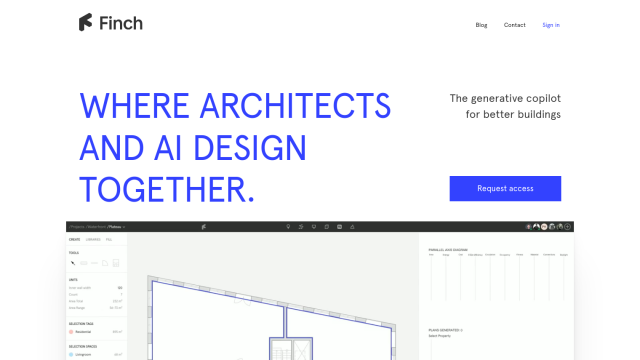
Finch
For optimizing building designs and spotting potential problems, Finch is a great AI-powered design optimization tool. It uses graph technology to offer instant performance feedback and warn of potential issues. Finch is integrated with common design tools like Revit, Rhino and Grasshopper, so architects can easily use it and benefit from fast iteration and quick feedback.

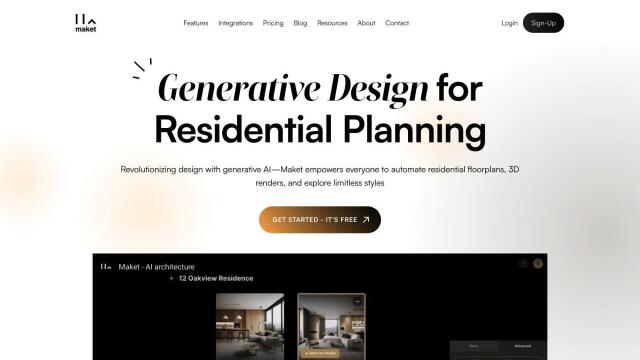
Maket
Another contender is Maket, generative design software that uses AI to automate the creation and exploration of residential floor plans. It lets people design freely with automated floorplan generation, style exploration and customization, as well as a virtual assistant to guide them through materials, costs and design options. Maket also can handle zoning codes and regulations, speeding up the process and making it more intuitive.

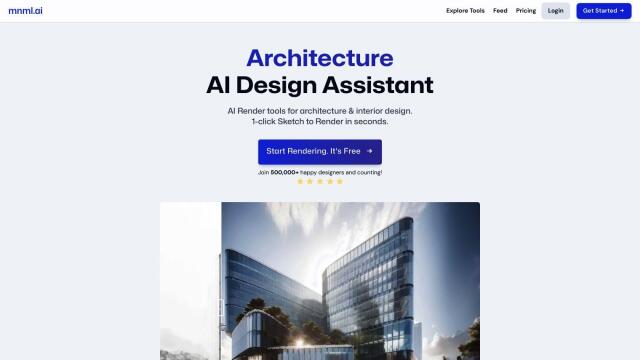
mnml.ai
If photorealistic renders and variations are what you need, mnml.ai offers a collection of AI tools. They turn freehand sketches into photorealistic images and generate professional architecture concept statements based on keywords. mnml.ai is integrated with common 3D modeling tools like Sketchup, Blender and Revit, so it's accessible to people with varying skill levels.

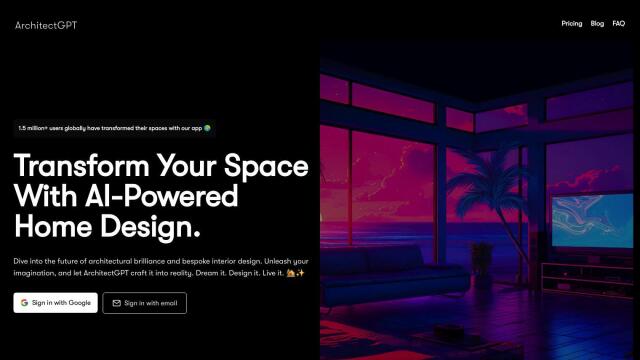
ArchitectGPT
Last, ArchitectGPT offers AI-powered information retrieval for home and interior design. It offers virtual staging, customization and photorealistic imagery through an intuitive interface. ArchitectGPT streamlines the design process, letting architects and interior designers quickly and easily reimagine their spaces.

